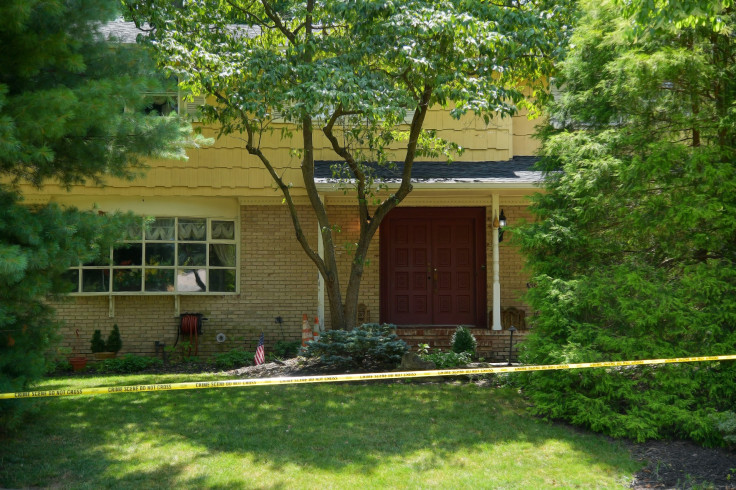
A disturbing new tactic of judicial harassment has emerged: anonymous pizza deliveries sent to federal judges. The deliveries, which reportedly began in February, now span at least seven states and have targeted judges overseeing lawsuits tied to Trump administration policies. One jurist described it as "psychological warfare" to the Washington Post.
"It went from judges getting pizzas, to then judges' children getting pizzas, to then judges getting pizzas or their children getting pizzas that they didn't order in my murdered son's name," U.S. District Judge Esther Salas said in an interview with the Washington Post.
Sala's 20-year-old son, Daniel Anderl, was fatally shot by an attorney posing as a delivery person back in 2020. Now, judges working cases challenging the Trump administration are receiving unsolicited pizza deliveries in his name.
"We know what that all means, right?" Salas said. "We know the first is, 'I know where you live.' Second is, 'We know where your children live.' And the third now is, 'Do you want to end up like Judge Salas? Do you want to end up like Daniel?'"
The campaign of intimidation is now under scrutiny by the U.S. Marshals Service, which is quietly investigating. While the agency has declined to release specifics, affected judges say the pattern is unmistakable, timed around high-profile rulings, like those limiting Trump's ability to fire an independent watchdog or deport migrants under wartime powers.
Judge J. Michelle Childs, who sits on the D.C. Circuit and serves as president of the Federal Judges Association, has received at least seven unsolicited pizzas, including shortly after a key ruling. "It's really an unnecessary and unfortunate threat to our security," she told the Washington Post. "This is infringing on democracy generally."
The threats have prompted action in Washington. Senate Judiciary Chairman Dick Durbin demanded a federal investigation, calling the deliveries a "coordinated effort to threaten and intimidate." His letter to Attorney General Pam Bondi and FBI Director Kash Patel seeks answers by May 20.
All of this unfolds against a backdrop of rising threats to the judiciary. Chief Justice John Roberts warned last year of mounting harassment, disinformation, and defiance of court authority. Former federal judge Paul Michel put it plainly: "Judges have to feel confident enough in being protected... that they can make decisions without looking over their shoulders."
While a judge's personal information is supposed to be protected by a law passed in 2022 responding to Anderl's slaying, some information is still available in public record platforms and property databases, The Post reported.
In Salas's view, the message is unmistakable—and deeply dangerous. "Lives are at stake," she said. "And we can look to examples like Daniel."
© 2025 Latin Times. All rights reserved. Do not reproduce without permission.





